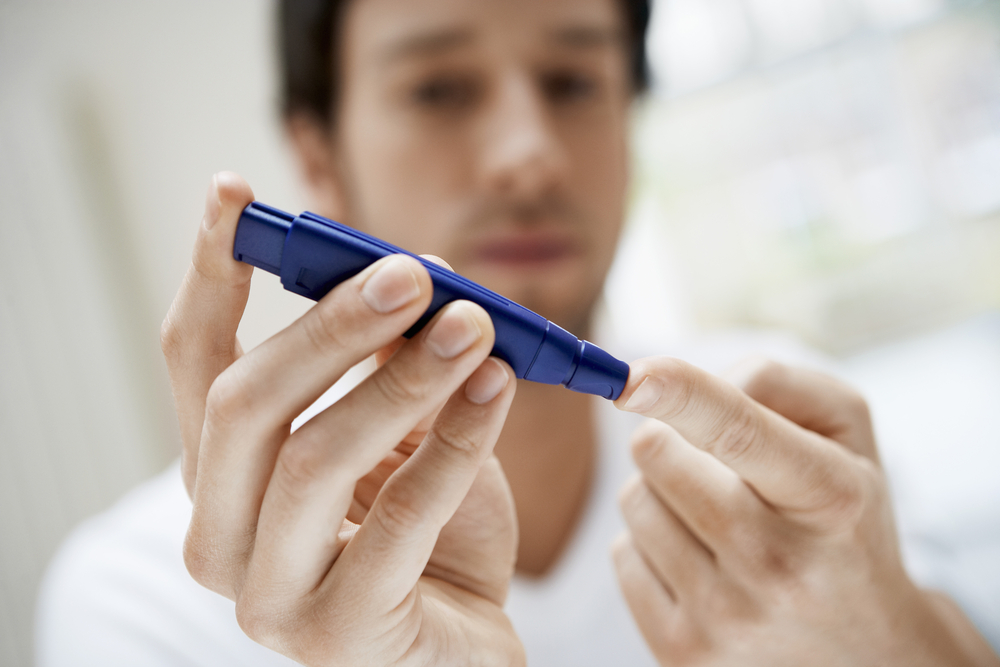This month saw an impassioned call from a diabetes charity to the government to guarantee the supply of insulin in the event of a crash-out brexit.
The InDependent Diabetes Trust says the government is “gambling with people’s health” as Brexit could severely impact on the availability of insulin supplies – this is a life or death situation for the thousands of insulin-dependent diabetics in the UK.
Insulin has hit the headlines as nearly all supplies in the UK are imported, mainly from Denmark. The drug needs to be refrigerated and cannot be kept waiting in traffic jams at ports.
If the UK crashes out without a deal in a few weeks time, there are real concerns over supply. Without insulin diabetic patients could be dead within 48 hours.
Jenny Hirst, co-chair and co-founder of the organisation, said:
“While everyone is getting sick of the whole Brexit debate, insulin-dependent people with diabetes will actually become seriously ill if a no-deal disrupts supply of the life-saving drug.
“MPs need to realise that they are gambling with people’s health. The party political games, the Tory euro infighting, the jousting for the top jobs, it all needs to stop. They all just need to come together to agree a deal to avoid any disruption to essential supplies.”
Hardcore Brexiteers dismiss it all as propaganda generated by “project fear” Europhile campaigners. They have said the UK can just import from the USA or elsewhere. This of course, does not take into account the difficulties that will be faced at ports amidst the chaos of the predicted lorry queues or the requirement for a specific type of insulin.
Mark Dayan, a policy analyst at Nuffield Trust, told the Washington Post, that government preparations “would probably prevent . . . really widespread shortages immediately.” Still, he said, “People are probably right to worry.”
Also, for diabetics one insulin cannot simply be swapped for another; there are several types. Each patient has a particular treatment regime, involving different devices and types of insulin. Each regime is finely-tuned to regulate the patient’s blood glucose levels to ensure the health of the patient. The development of the patient’s regime can take months or even years to perfect. It cannot be changed at a moment’s notice without harming the patient’s health.
There are concerns for many drugs used by the NHS; about half are imported from or “have some touchpoint with the EU”, according to the Health and Social Care Secretary Matt Hancock. And he should know as he claims his department have been through line-by-line analysis of the 12,000 licensed medicines in the UK. Last month he made it clear to the Health and social care Select Committee that medicines will take priority over food in a no deal brexit scenario.
Dear Reader,
If you like our content please support our campaigning journalism to protect health care for all.
Our goal is to inform people, hold our politicians to account and help to build change through evidence based ideas.
Everyone should have access to comprehensive healthcare, but our NHS needs support. You can help us to continue to counter bad policy, battle neglect of the NHS and correct dangerous mis-infomation.
Supporters of the NHS are crucial in sustaining our health service and with your help we will be able to engage more people in securing its future.
Please donate to help support our campaigning NHS research and journalism.


